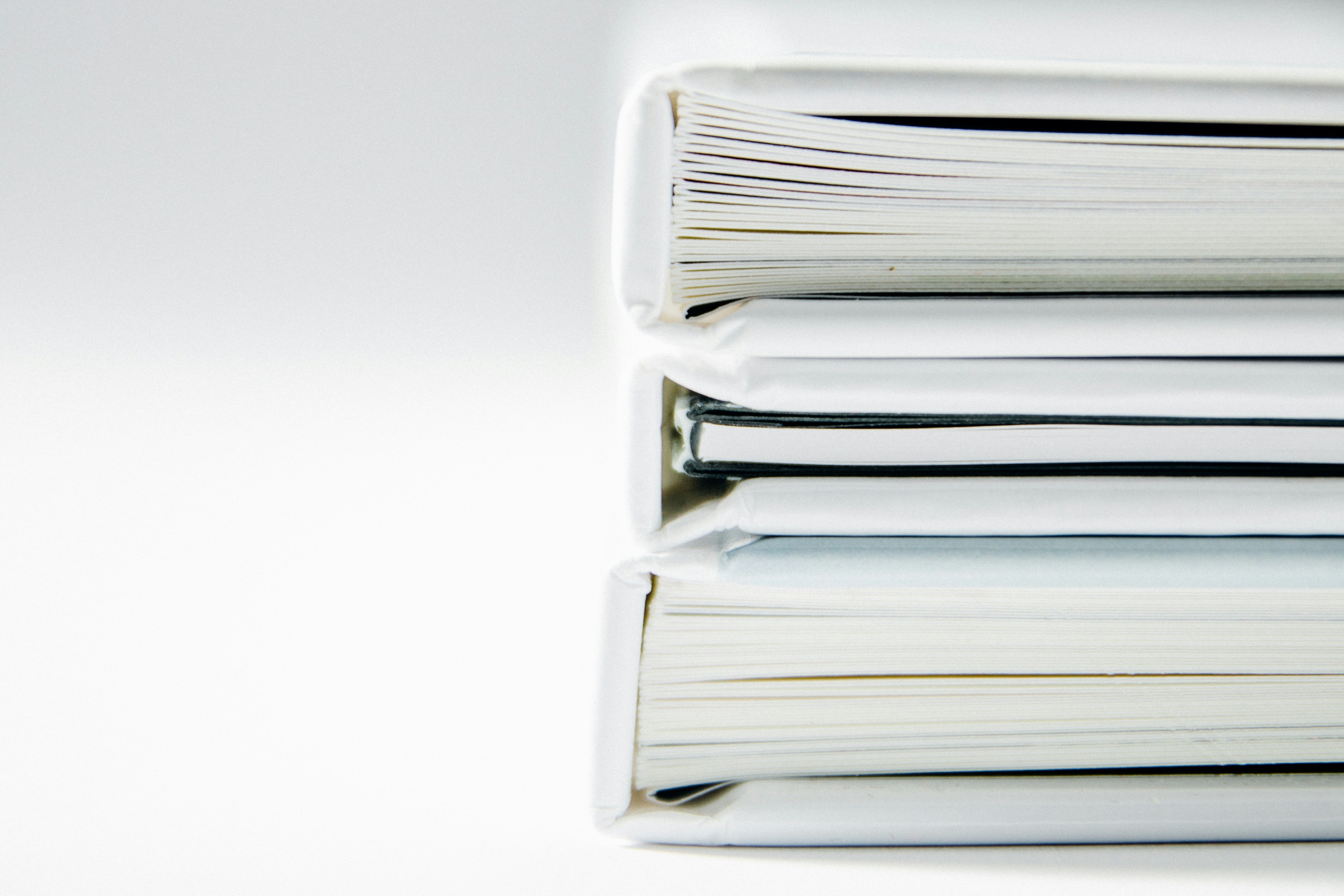
Output VAT Credit on Uncollected Receivables
By: Atty. Rodel C. Unciano
"While sellers may claim output VAT credit in case of uncollected receivables, the mechanism to do so is too burdensome to sellers as it requires close monitoring of receivable aging plus additional requirements for documentation. Seemingly, the objective of the law which is to provide easier means of paying taxes has not been met."
 Atty. Rodel C. Unciano +632 8403-2001 loc.380 |
One significant amendment introduced by the Ease of Paying Taxes (EOPT) Act is the seller’s right to deduct and claim output value-added tax (VAT) credit on uncollected receivables, subject only to compliance with certain requisites provided under the rules.
As you know, the EOPT adopts the accrual basis of recognizing sales for both sales of goods and services, and this applies not only for income tax reporting purposes but also for VAT compliance and reporting purposes. Thus, in case of credit sales, it may happen that the seller will pay in advance the VAT passed on to the buyer notwithstanding that the receivables from such credit sales remain uncollected.
 In order to be eligible for output VAT credit, the EOPT law and the implementing regulations require compliance with certain requisites, among which are as follows: the output VAT credit can be made only after the lapse of the agreed-upon period to pay, the sale is on credit or on account, there is a written agreement on the period to pay the receivable, the seller has fully paid the VAT on the transaction, and the VAT component of the uncollected receivables has not been claimed as allowable deduction. In case of recovery of uncollected receivables, the output VAT pertaining thereto shall be added to the output VAT of the taxpayer during the period of recovery.
In order to be eligible for output VAT credit, the EOPT law and the implementing regulations require compliance with certain requisites, among which are as follows: the output VAT credit can be made only after the lapse of the agreed-upon period to pay, the sale is on credit or on account, there is a written agreement on the period to pay the receivable, the seller has fully paid the VAT on the transaction, and the VAT component of the uncollected receivables has not been claimed as allowable deduction. In case of recovery of uncollected receivables, the output VAT pertaining thereto shall be added to the output VAT of the taxpayer during the period of recovery.
In case the seller avails of the output VAT credit on its uncollected receivables, Revenue Memorandum Circular (RMC) 65-2024 requires that the seller shall stamp "Claimed Output VAT Credit" on the duplicate/triplicate copy/ies (seller's copy) of the corresponding invoice issued for the uncollected receivable. In case there is a partial payment on the said uncollected receivable, the amount collected therefrom and the balance of the uncollected receivable shall also be indicated.
The corresponding input tax claimed by the buyer shall not be allowed as input VAT credit by the buyer the moment the seller claims output VAT credit on such uncollected receivable. For this purpose, the seller has to provide the buyer a copy of the said stamped invoice so the buyer can adjust and deduct the corresponding input VAT claimed accordingly. In case the seller fails to provide the buyer such documents, the buyer can voluntarily reverse its claimed input VAT credit in its VAT returns.
If the buyer fails to deduct in its available input taxes the corresponding input VAT from the unpaid account from the seller, the buyer shall be liable for the deficiency VAT due, including applicable statutory penalties.
Note that in case of partial or full recovery of the uncollected receivables, the output VAT pertaining to that subsequent collection shall accrue and must be added to the output VAT liabilities of the seller during the period of recovery. For this purpose, the seller is required to stamp the phrase "Recovered" in the invoice that was previously declared as uncollected. If partially collected, the amount collected must also be indicated.
So, as outlined above, while sellers may claim output VAT credit in case of uncollected receivables, the mechanism to do so is too burdensome to sellers as it requires close monitoring of receivable aging plus additional requirements for documentation. Seemingly, the objective of the law which is to provide easier means of paying taxes has not been met.
The good thing is, under RMC 65-2024, availing of the benefit of claiming output VAT credit is merely an option. This means that despite eligibility to claim output VAT credit on uncollected receivables, the seller may opt not to avail of it.
So, as it stands now, it would appear that the more practical approach is still to waive the right to claim output VAT credit, especially in cases where the probability of collection is high. As noted by the BIR in RMC 65-2024, this will save the hassle on the part of the seller to claim the said output VAT credit, and then, reverse the same in the eventual collection of the receivable. Anyway, the seller can just later on write off the receivables including the VAT previously paid as bad debt once the same is proven to be worthless, subject only to compliance with the requisites to prove deductibility of bad debt.
The author is a partner of Du-Baladad and Associates Law Offices (BDB Law), a member-firm of WTS Global.
The article is for general information only and is not intended, nor should be construed as a substitute for tax, legal or financial advice on any specific matter. Applicability of this article to any actual or particular tax or legal issue should be supported therefore by a professional study or advice. If you have any comments or questions concerning the article, you may e-mail the author at This email address is being protected from spambots. You need JavaScript enabled to view it. or call 8403-2001 local 380.



